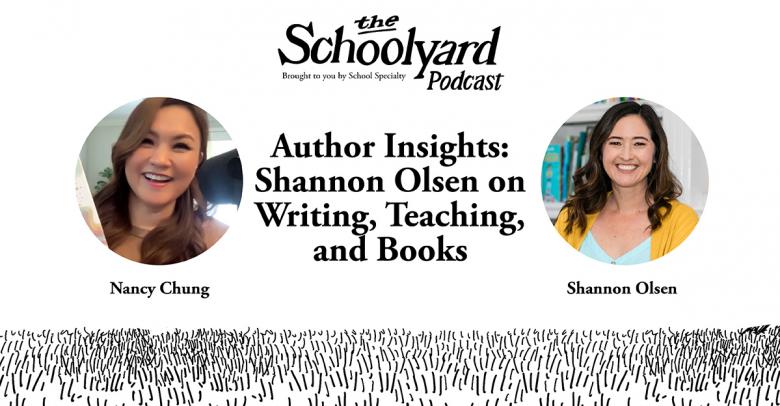FEAR, WORRY, ANXIETY, PANIC
Fear, worry, and anxiety are all common reactions to everyday life. But now, in such a time as this, you may notice a spike in your experiences of these emotions. Each of these emotions are different from one another and your management of them can lead to longer-lasting suffering or a meaningful and enriching life.
Fear is a natural emotional and physiological response to a real, specific threat in your outside world. When we encounter fears, our body naturally responds by going into fight-flight-freeze mode in an effort to keep us safe. This survival instinct can be healthy when there is an actual, real threat.
Worry is natural as well. Observation and assessment of our current situation can allow us the opportunity to anticipate problems in advance and prepare for the worse. Worry usually has thoughts that begin with, “What if…”. Worrying is easy to do, you can worry about anything you want to worry about.
Unlike fear and worry, anxiety can take a life of its own. Anxiety is usually the result of focusing on things that have already happened in the past or things that may happen in the future. Anxiety can be a 24/7 state of chronic arousal and muscle tension that is directed indiscriminately and ineffectually toward everything where even small problems can feel like crises.
Panic attacks can be sudden. People experiencing them usually report several overpowering physical, emotional, cognitive, and behavioral symptoms. These attacks typically lasts 10 minutes, sometimes longer. The biggest misconception about having panic attacks is that you are helpless and cannot do anything to stop them. That’s not true, you are not as powerless as you think.
WATCH YOUR THOUGHTS
Your emotions provide you with a signal that something is happening. Your thoughts enable you to connect to your emotions and respond as needed. Thinking occurs when you experience emotions and thoughts and it allows you to process, navigate, judge, decide, and respond in helpful or unhelpful ways. It is your thinking that makes it seem as if your thoughts are worse than an actual scary event, so you try to avoid these thoughts in some of the unhealthiest ways, thus giving them more power over you. The more you believe your thoughts over yourself, the more miserable you will feel and miss out on what’s going on around you. You begin to live in the world your thoughts built, causing your mind to become hypervigilant, where you are constantly seeking out those things that the mind says is true. And when that happens over and over again, the panic ensues.
AWARENESS
So, let’s see how this COVID-19 pandemic has you thinking. Get out a piece of paper and make four columns labeled: “fear”, “worry”, “anxiety”, and “response”. For the column labeled fear, list out immediate threats to your life; for worry, list out all of your ‘What if’ thoughts; for your anxiety column, write down things that you believe may happen in the future based on what you have been seeing, hearing and experiencing as it relates to COVID-19; and finally, in the response column, write down changes you have noticed in your physical body (e.g. pounding heart, rapid pulse, numbing/tingling), emotional effects (e.g. helplessness, hopelessness, strong desire to escape), and behavioral responses (e.g. increased alcohol/drug consumption, avoidance, hyperventilating).
TAKE CARE
It is impossible to not have any emotions such as fear, worry, and anxiety at a time when nothing is like you’re used to; however, you can learn to reduce the impact these experiences have on your daily functioning by choosing to be present. Instead of judging yourself for having some anxiety, accept that some forms of anxiety can be a component of care and concern about what happens to self and others. During this pandemic, become aware of what’s causing helpful and unhelpful states of mind to arise and consider:
- Breathing and noticing how your body feels with each breath from head to toe
- Stretching
- Taking walking meditations
- Finding ways to let your brain rest
- Journaling
- Cutting down on information overload
- Spending more time alone
- Avoiding conflict whenever possible
- Learning organizational skills to make your life more orderly and less cluttered
- Dumping activities and behaviors that don’t fit with what you find meaningful
Tenelle O. Jones
Tenelle O. Jones is licensed as a Marriage & Family Therapist (LMFT) and licensed as an Addictions Counselor (LAC). She currently works full-time at MUSC’s National Crime Victims’ Research & Treatment Center as a Human Service Coordinator II. For the past 23 years, her professional & personal life have been centered around promoting overall mental, physical, and spiritual health of all communities.
Read more by Tenelle O. Jones–>







Leave a Reply